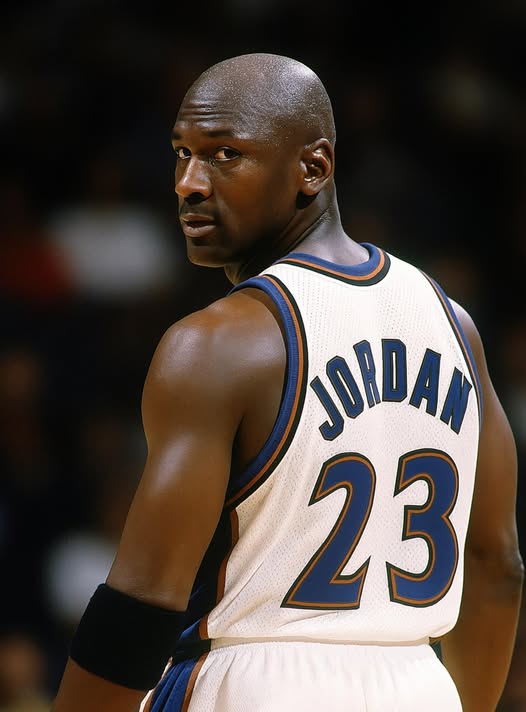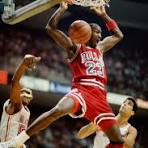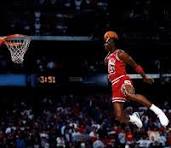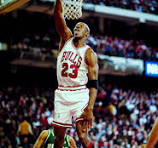
Michael Jordan is synonymous with the Chicago Bulls, the team he led to six NBA championships and where he became a global icon. So when he retired as a Washington Wizard in 2003—rather than finishing his legendary career in a Bulls jersey—it left many fans puzzled. The decision was the result of a mix of personal ambition, front office conflict, and a desire to impact the game beyond just playing.




The First Retirement: Leaving on Top (1993)
Jordan first retired from the NBA in 1993, following the murder of his father and after winning three straight championships. He pursued a brief career in baseball before returning to the Bulls in 1995. His second stint in Chicago brought another three-peat (1996–1998), and he left the game once again in 1999, seemingly for good.
Tensions with Bulls Management
A significant reason Jordan didn’t finish his career in Chicago stemmed from his deteriorating relationship with Bulls management—particularly then-General Manager Jerry Krause. Krause’s desire to rebuild the team, even as Jordan, Scottie Pippen, and coach Phil Jackson were still winning championships, caused friction. After the 1997–98 season, Jackson wasn’t brought back, and Jordan chose to walk away in solidarity. Without the coach he trusted and the team around him, Jordan had little incentive to continue under new management.
Enter the Wizards
In 2000, Jordan returned to basketball—not as a player, but as part-owner and President of Basketball Operations for the Washington Wizards. He took on the role to rebuild a struggling franchise and instill a winning culture. But after witnessing the team’s lackluster performance and feeling the itch to compete again, Jordan made a dramatic return to the court in 2001—this time wearing a Wizards uniform.
Though his athleticism had declined with age, Jordan remained a formidable player. He averaged over 20 points per game during his two-year comeback and served as both mentor and leader to a young Wizards roster. While Washington never made the playoffs during his tenure, Jordan’s presence boosted ticket sales, fan engagement, and the team’s profile.
Why Not End in Chicago?
Despite his iconic status in Chicago, returning to the Bulls wasn’t in the cards. The wounds from his departure in 1998 hadn’t healed, and the front office had changed course. Jordan’s role with the Wizards—as both a player and executive—offered him a unique chance to influence the NBA in a new way. It also gave him the autonomy and control he no longer had in Chicago.
Moreover, Jordan wanted to go out on his terms. Rather than being a ceremonial figurehead or legacy player, he chose to compete, to build, and to lead—even if it meant wearing a different jersey.
The Legacy Endures
Though Michael Jordan’s final game came as a Wizard, his legacy is forever tied to the Chicago Bulls. The bronze statue outside the United Center and the retired No. 23 in the rafters are reminders of his impact. Still, his Washington years added a fascinating chapter to his career—one that reflected his enduring competitiveness, leadership, and love for the game.
In the end, Jordan didn’t retire as a Bull because the circumstances no longer fit. But regardless of the jersey, he retired as the greatest to ever play the game.
Leave a Reply